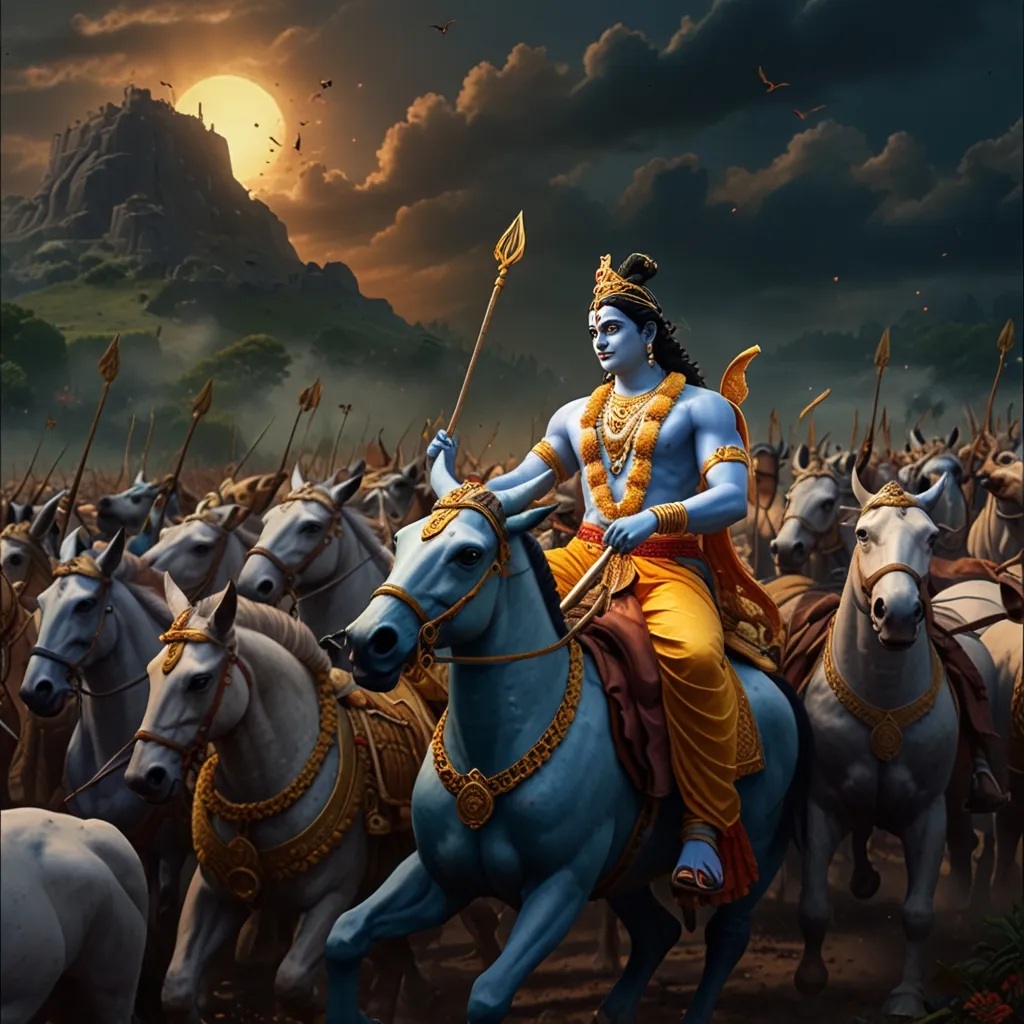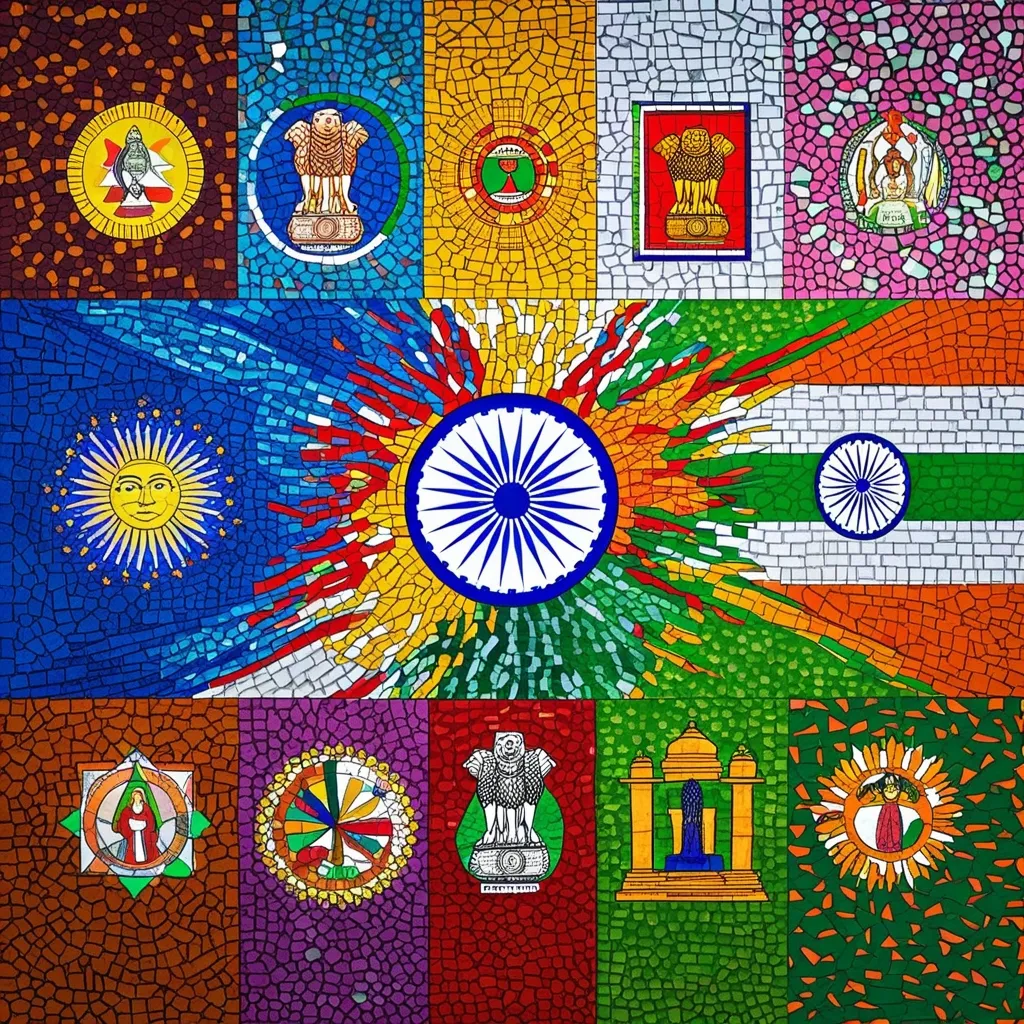Hinduism, one of the oldest religions around, really hammers home compassion and empathy. These aren’t just buzzwords here; they’re deeply woven into everything, from the philosophies to the daily practices. It guides Hindus to lead lives full of kindness and understanding toward everyone.
At the core, Hinduism believes in the oneness of existence, often summarized by “Vasudhaiva Kutumbakam,” which means “the world is one family.” Think about it: everyone and everything is interconnected. This idea pushes for treating others with the same love and respect you’d give to family. It creates a vibe of unity and shared humanity, making it so much easier to be empathetic and understanding toward people from all walks of life.
Hindu scriptures, like the Bhagavad Gita, keep hammering home the importance of compassion. This text basically says that true happiness comes from helping others selflessly. It advises people to do their duties without obsessing over the results. This way, they cultivate compassion and avoid getting too attached or stressed out.
Yoga and meditation are big deals in Hinduism too. They serve as tools to connect with your inner self and, in turn, understand others’ pain. By fostering mindfulness, yoga and meditation help people react with empathy and kindness instead of anger or detachment.
Then there’s “Ahimsa,” which means non-violence. But it’s not just about avoiding physical fights. Ahimsa extends to avoiding all forms of harm, including emotional and psychological pain. Practicing Ahimsa means living a compassionate life that respects all creatures’ well-being.
Another key point is “Dharma,” or righteous living. Dharma isn’t just about personal duties; it’s about responsibilities towards family, society, and the environment. By fulfilling these with compassion, Hindus contribute to societal and global well-being.
Hindu festivals like Diwali also emphasize compassion. During Diwali, acts of kindness and generosity are big deals. Hindus often partake in charitable activities like feeding the poor, reinforcing the importance of compassion.
Hinduism’s pluralistic nature is worth noting too. This diversity of beliefs and practices encourages understanding and empathy. It promotes the idea that different perspectives are valid, fostering respect and tolerance.
Hinduism’s teachings have even influenced global movements. Take Mahatma Gandhi’s non-violent resistance, inspired by Ahimsa. His movement had a massive impact on social and political activism worldwide.
Today, Hindu organizations like the Hindu American Foundation keep the spirit of compassion alive with various initiatives supporting different traditions and backgrounds. These efforts show that Hindu values remain significant in modern society.
In a nutshell, compassion and empathy are bedrocks of Hindu teachings and practices. Through beliefs in unity, Ahimsa, Dharma, and pluralism, Hinduism guides followers to lead lives filled with kindness and understanding. These values not only enrich individual lives but also contribute positively to the world.






